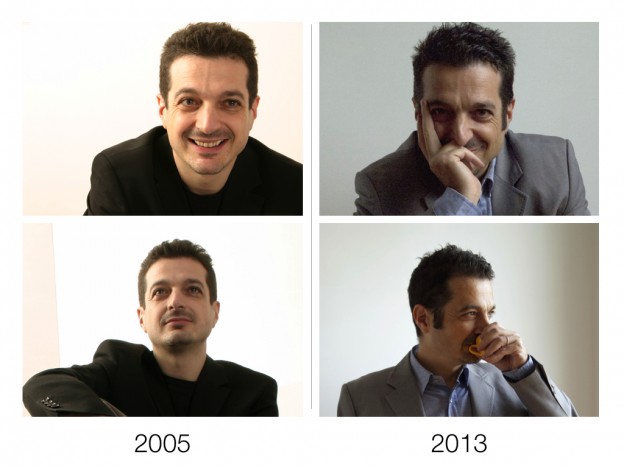A few weeks ago, a Swedish man called Borzoo Tavakoli published an article in the daily newspaper Dagens Nyheter. The article takes the form of a letter from Tavakoli himself to Kent Ekeroth, a politician described as belonging to the inner circle of the Sweden Democrats Party (Wikipedia). Tavakoli was born in Iran and migrated to Sweden in 1988 as a political refugee. Ekeroth is a notorious xenophobe and Islamophobe; in fact, xenophobia seems to be the main political platform of the Swedish Democrats.
Tavakoli has a simple message to convey: “I, a hard-working, law-abiding, economically successful migrant, make much greater a contribution than you, some dubious politician. My record as a taxpayer is immaculate, while you are under investigation by the Tax Authority. I never attacked people, whereas you and your party colleagues chased people around wielding iron rods (!) in Stockholm in 2010. I never belittled women, whereas you have been known to physically attack a woman and call her “a whore” in 2010. I never had to leave my assignment, whereas a scandal forced you out of Parliament in 2012. I fought for democracy in Iran, and did six years in prison rather than give up on my convictions, whereas you, according to the news, have a habit of lying, and therefore qualify as a coward that does not stand up for his actions. Ah, and I, through my hard work and intellectual qualities, have risen from line worker to high executive in a large company. And my son is a genius. He just won the first prize in the Swedish young scientists competition. Sweden is much better off having citizens like me than citizens like you. I deserve to be Swedish more than you do.”
Many of my friends reacted very positively to this article. This, they argue, surely shows that xenophobia is counterproductive! Indeed, it is hard not to sympathize with this hard-working activist for democracy turned successful businessman, making the most of the chance offered to him by Sweden’s generous policy of welcoming refugees – and all the more grateful for it. My friends – the younger ones, especially – tend to embrace meritocracy as a positive value: people should rise in society according to what they contribute to it. And why wouldn’t they? It’s simple. It’s fair. It’s by no means limited to Sweden: my fellow Italians, divided on everything, seem all to be united by a common contempt of their undeserving ruling class. I am sure you can think of meritocratic undercurrents surfacing in your own country.
But you have to wonder: where does meritocracy lead us? The converse of rewarding positive contribution has to be not rewarding those who don’t contribute enough, or at all. If people don’t pull enough weight, they should be pushed down the social ladder. Someone like Ekeroth, wielding iron rods and foul-mouthing ladies in the streets of Stockholm, has no business being in parliament. He should be moved over to some menial job, under the thumb of a supervisor that prevents him uttering racist and sexist remarks that could offend bystanders. Right?
We can probably all agree that a xenophobic politician is as close to a pure deadweight as it gets. But then, Tavakoli also makes a greater contribution than, say, law-abiding people who are also long-term unemployed. Or dumb. Or lazy. Hell, he makes a greater contribution than me, or you – unless you are a really successful, impressive person. Any sensible country, given the choice, would much rather welcome as a citizen him than 99% of its own citizens.
So, you see: as an ideology, meritocracy is too scary to stick. It promises fairness and social mobility, but at the cost of being, forever, on your toes, in a world where someone will always be better and faster than you, no matter how good you are. Nobody wants meritocracy – not for themselves, at least. European young people say they want it, but what they mean is that they are stuck in a meritocratic fringe of society, shut out of the secure jobs where you are not really expected to jump through too many hoops. They think – rightly – that they would be better off if by some miracle all positions became contendible, because they are better educated and harder working than their elders. So they call for more meritocracy as outsiders, but once they get into the system they will instantly start to maneuver to secure their positions. It’s only human.
By contrast, Ekeroth and his merry gang of European nationalists and xenophobe have an ideology that says: born here? You’re good – you’re good regardless of what you do or don’t contribute. Don’t worry, we’ll take it on those others instead. Takavoli may be smarter and braver, but Ekeroth’s got a much better political product to sell. So, I have to disagree with my Swedish friends here: I don’t think meritocratic arguments are going to be of much help in contrasting the growth of xenophobia in European societies. We’ll need to find something else.

